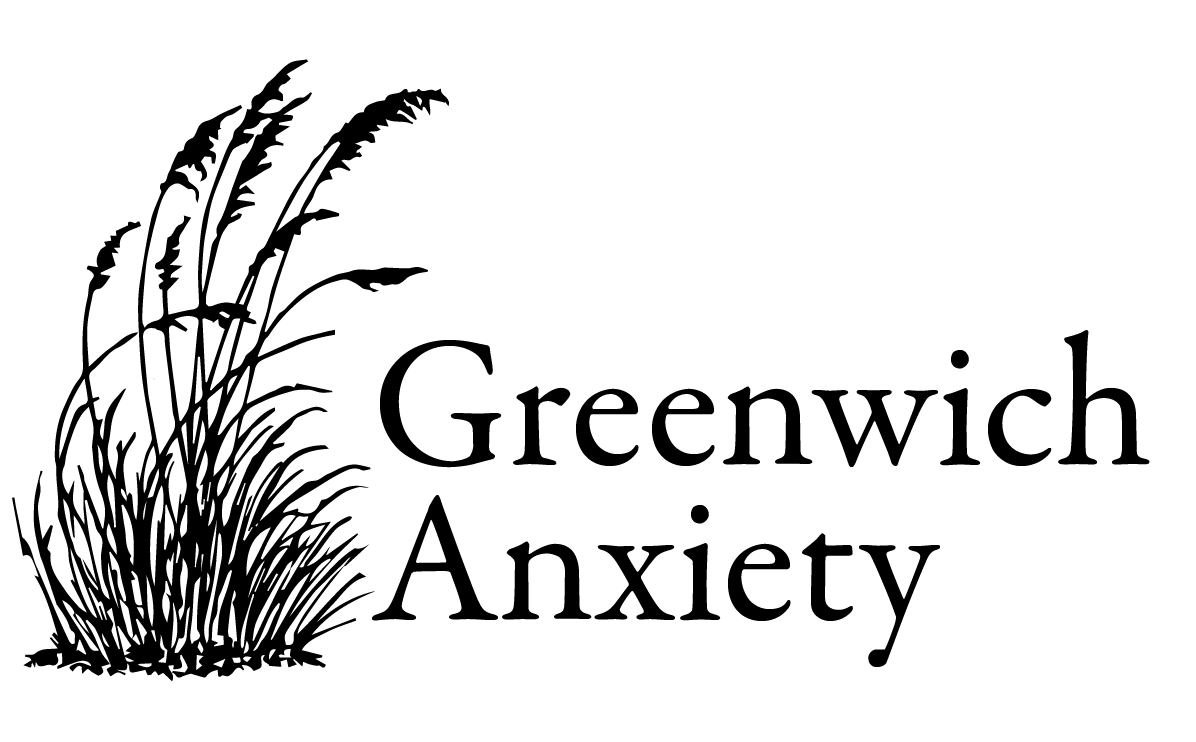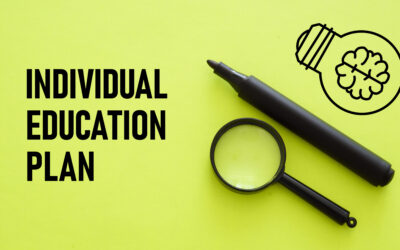Psychoeducational Evaluations
Understanding Psychoeducational Evaluations

The Importance of Individualized Education Programs (IEPs)
Individualized Education Programs (IEPs) are customized educational plans designed to meet the unique needs of each student. They translate insights from comprehensive psychoeducational evaluations into concrete educational strategies, providing necessary accommodations, support, and interventions to help students with disabilities succeed in the educational setting.
Our Approach to Assessments and IEPs
At Greenwich Anxiety, we’re not just conducting assessments; we’re building bridges to success for every child. Dr. Catherine McNulty conducts thorough psychoeducational assessments with a keen eye for the individual strengths and needs of each student. The results from these assessments are used to develop effective, comprehensive, and personalized IEPs. With over 20 years of experience in Special Education, Dr. McNulty has the knowledge and expertise to ensure that each child receives the support they need to thrive academically and personally.
Our Approach to Treatment
Evidence-Based Therapies
At Greenwich Anxiety, our approach to treatment extends beyond assessments. We utilize evidence-based therapies proven to improve the functioning of individuals with certain mental health disorders. These interventions have been studied extensively, showing positive outcomes in managing a variety of conditions. We believe in using treatments that have a strong scientific basis to ensure we are providing the best possible care for our patients.
Stress Reduction Techniques
Managing stress is crucial for children undergoing assessments and navigating through their educational journey. We offer resources and coaching in various relaxation techniques, including meditation, visual imagery, deep breathing, and progressive muscle relaxation. These methods have been shown to significantly reduce stress and promote overall well-being.
Why Choose Greenwich Anxiety for Psychoeducational Assessments?
At Greenwich Anxiety, we offer unmatched expertise and a compassionate approach to psychoeducational assessments. Led by Dr. Catherine McNulty, our team has over two decades of experience in conducting comprehensive evaluations. We pride ourselves on our individualized approach, tailoring assessments to meet each child’s unique needs and translating results into personalized strategies for success. With a focus on collaboration and evidence-based practices, we work closely with parents, educators, and other professionals to develop effective educational plans, including Individualized Education Programs (IEPs). Our commitment to ongoing support ensures that we guide children on their journey toward reaching their full potential. Choose Greenwich Anxiety for exceptional assessments and a dedicated team that truly cares about your child’s success. Contact us today to learn more about our services.
FAQs
What is an Individualized Education Program (IEP), and how is it developed?
An IEP is a personalized plan created for students with disabilities to meet their specific educational needs. It is developed through a collaborative effort involving parents, teachers, special education professionals, and other relevant school staff.
What is the role of parents in the IEP process?
Parents play a vital role in the IEP process. They provide valuable input about their child’s strengths, concerns, and goals, ensuring the development and implementation of an effective IEP.
What can I do if my child's IEP isn't meeting their needs?
If your child’s IEP isn’t effectively addressing their needs, it’s important to communicate with the IEP team. Request a meeting to discuss your concerns, provide specific examples, and collaborate on potential modifications or revisions to better support your child’s progress.
How can I request changes or modifications to my child's existing IEP?
As a parent, you have the right to request changes or modifications to your child’s IEP. Request a meeting with the IEP team to discuss your concerns, propose desired modifications, and collaborate on a revised plan.
How can I support my child during the IEP process?
Supporting your child during the IEP process involves active communication with the school team, staying informed about your child’s progress, attending meetings, and advocating for their needs. Building a strong partnership with the school fosters collaborative decision-making and positive outcomes for your child.
What is the difference between a psychoeducational assessment and a standard educational evaluation?
While a standard educational evaluation focuses on basic academic skills, a psychoeducational assessment provides a more comprehensive evaluation of cognitive abilities, academic skills, and social-emotional functioning.
How can a psychoeducational assessment benefit my child?
A psychoeducational assessment provides a comprehensive understanding of your child’s cognitive abilities, academic skills, and social-emotional functioning. It helps identify strengths, weaknesses, and learning needs, enabling the development of tailored interventions and support strategies.
How long does it take to complete a psychoeducational assessment?
The duration of a psychoeducational assessment can vary depending on the complexity and specific needs of the child. It typically involves several hours or multiple sessions over a few weeks.
What age range do you assess for psychoeducational assessments?
We offer assessments for children and adolescents across a wide age range, typically from early childhood through high school years. Our assessments are tailored to meet the specific needs of each age group.
Can a psychoeducational assessment be conducted outside of a school setting?
Yes, psychoeducational assessments can be conducted in various settings, including private practices, clinics, and specialized assessment centers. These assessments provide valuable insights and can be utilized to inform educational planning, regardless of the setting in which they are conducted.
Understanding the Difference Between IEPs and 504 Plans
“Every student learns differently and sometimes, comprehensive learning plans and processes are needed to support them. Individualized Education Programs (IEPs) and 504 Plans are both designed to support students with disabilities, but have distinct differences in...
Navigating the Special Education System: Tips for Parents Seeking an IEP
When it comes to ensuring your child receives the best possible education, understanding the special education system and the process of obtaining an Individualized Education Program (IEP) is crucial. It can seem daunting at first, but with the right guidance and...
Understanding the IEP Process: A Guide for Parents
Raising a child with a learning disability or other special needs comes with its own unique set of challenges. One of these challenges is navigating the process of obtaining an Individualized Education Program, or IEP, for your child. This guide will help you...
Talk With Us
We look forward to hearing from you. A member of the Greenwich Anxiety team will respond back within 24-48 hours upon receiving your message.





